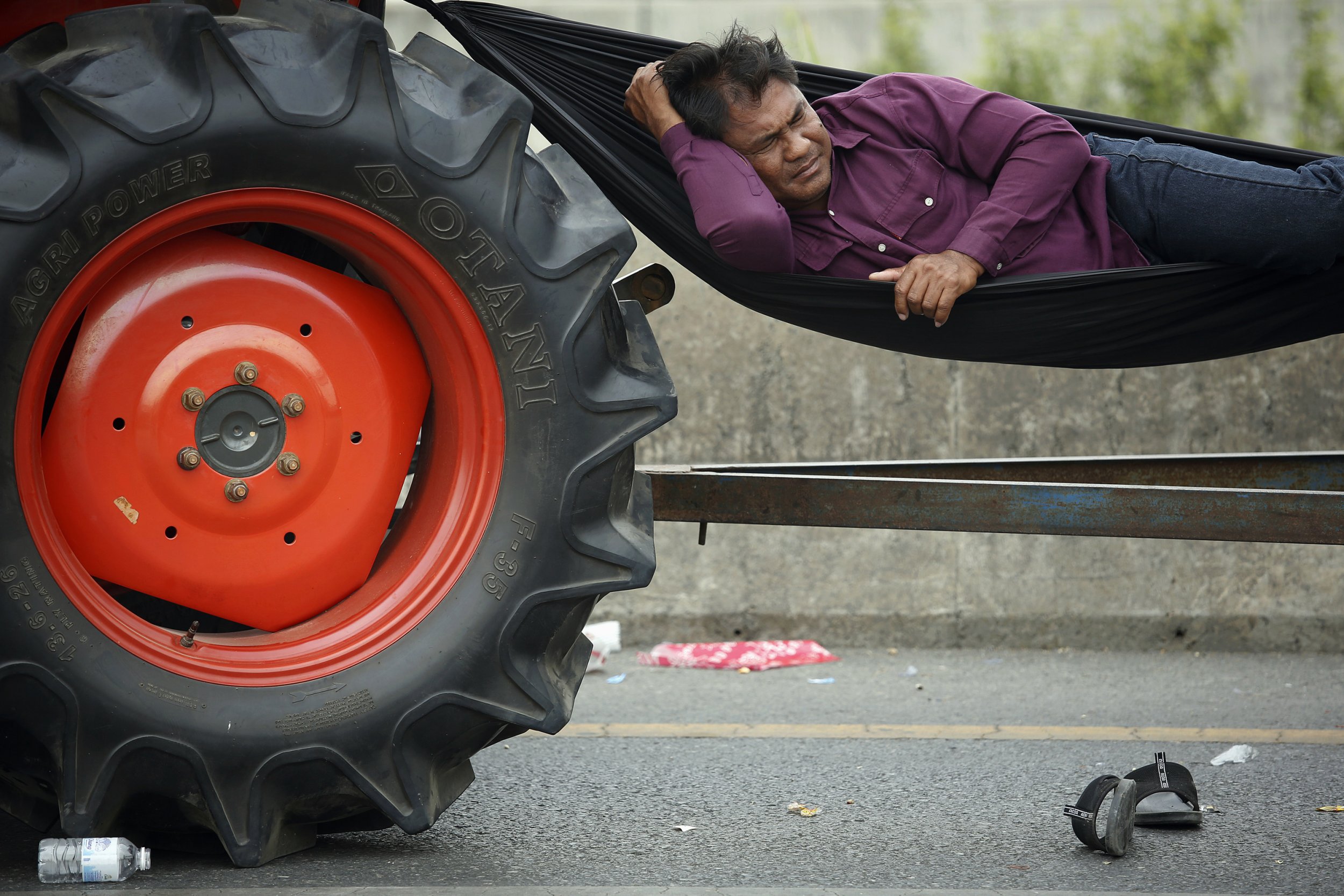
There's a decent chance that you or somebody in your family suffers from "sleep drunkenness," and may not even know it. Bouts of the condition involve waking up with extreme confusion, disorientation, and sometimes amnesia. If you've ever awoken and turned off your alarm without knowing it, you may have been in this state, technically known as a "confusional arousal."
New research suggest that this condition is much more common than previously thought. About 15 percent of Americans—or one in seven people—have had a bought of sleep drunkenness in the last year, said Dr. Maurice Ohayon, a physician and researcher at Stanford Medical School.
That means if affects nearly 75 million people—many hundreds times more than, for example, narcolepsy, which involves falling asleep without warning. But it has received little attention.
"The high prevalence is surprising," said Dr. Stuart Quan, a professor of sleep medicine at Harvard Medical School and physician at Brigham and Women's Hospital in Boston, who wasn't involved in the study.
Ohayon and colleagues came up with the prevalence figure after studying a representative sample of 20,000 people, who were quizzed on their sleep habits. The study was published today (Aug. 25) in the journal Neurology.
This state of "confusional arousal" usually occurs when you wake up somebody suddenly, and they don't know what's going on, or where they are. The condition can cause real problems, especially if it happens frequently; more than half of those who reported experiencing sleep drunkenness said it happened at least once per week. This is troublesome "because a person in this state doesn't have his cognitive abilities," Ohayon said. Imagine if a pilot or construction worker suffered a bout of sleep drunkenness when awoken minutes before performing a job. Sometimes people in this position can even turn violent; there's a story of a medieval knight who was woken up by a friend during wartime, and mistakenly killed him, probably due to this phenomenon, Ohayon told Newsweek.
The extreme confusion lasts for less than five minutes in 37 percent of people. But in one-third of people, it lasts five to 15 minutes.
One way to prevent problems connected to sleep drunkenness is to make sure you--or somebody you're supervising or around—is awake at least 15 minutes before operating machinery, and to make sure the person is fully awake and aware of what they're doing.
Ohayon's team also found that the phenomenon was more common in people with mental disorders like depression, as well as other sleep disorders, and in those who took psychotropic medications like antidepressants. Though the study doesn't prove whether the disorder is caused by mental health disorders or other factors, it " does suggest that treatment of associated sleep disorder, as as well as getting adequate amounts of sleep, would reduce the prevalence of this disorder," Quan told Newsweek.
Luckily sleep drunkenness is often easily solved by a visit to the doctor, who can recommend lifestyle changes or perhaps a sleeping medication, Ohayon said.
Uncommon Knowledge
Newsweek is committed to challenging conventional wisdom and finding connections in the search for common ground.
Newsweek is committed to challenging conventional wisdom and finding connections in the search for common ground.
About the writer
Douglas Main is a journalist who lives in New York City and whose writing has appeared in the New York ... Read more
To read how Newsweek uses AI as a newsroom tool, Click here.








